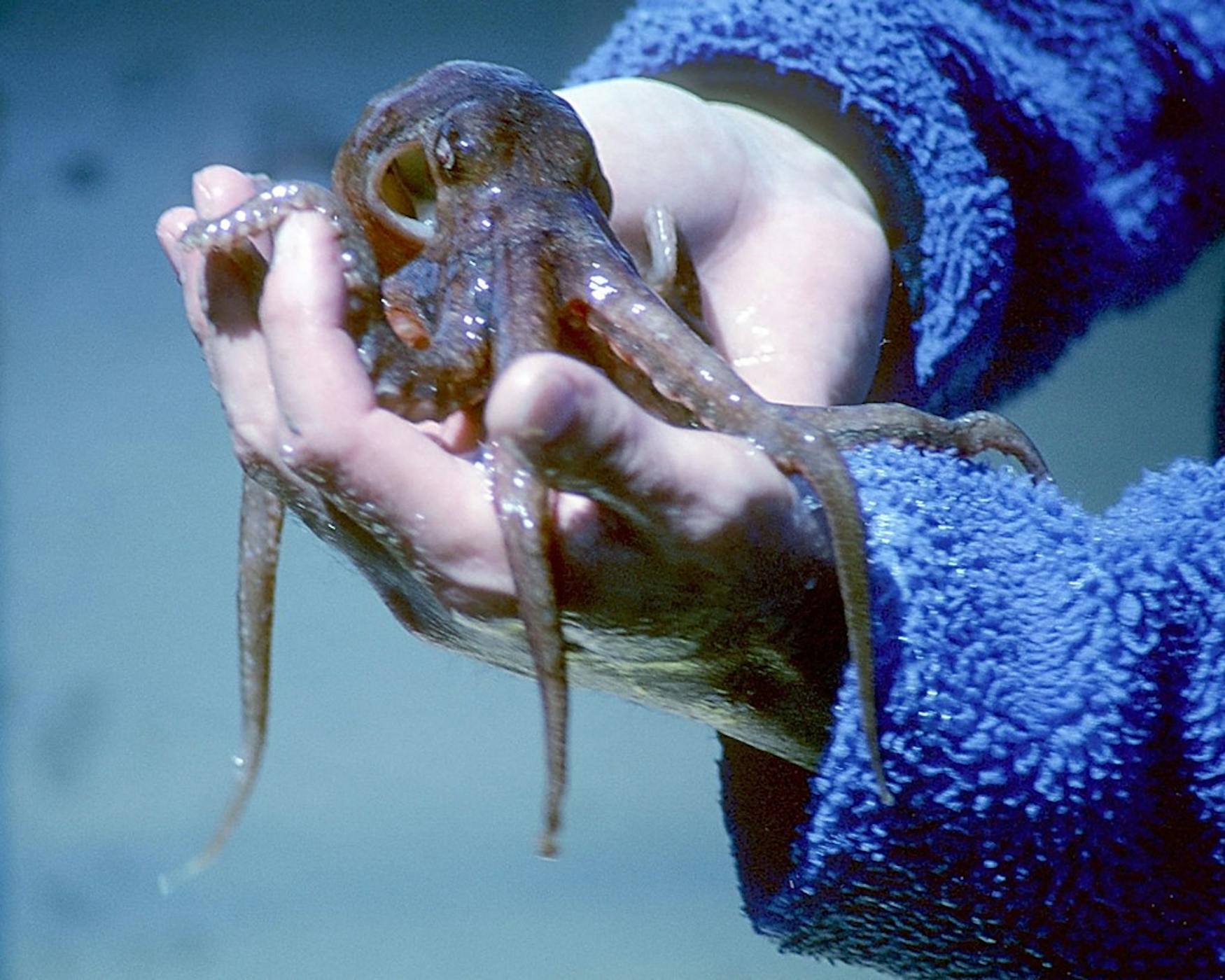Man befriends mollusk in ‘My Octopus Teacher’
On Nov. 3, as many of my fellow Americans were glued to news broadcasts watching the results of the presidential election, I turned off my phone and opted for some oceanic escapism on Netflix instead. I figured that I was not going to get any answers about who had won the presidency on Tuesday night, so why not immerse myself in something as relaxing and otherworldly as “My Octopus Teacher”?
Pippa Erlich and James Reed’s documentary, which portrays the journey of a fatigued filmmaker rediscovering his zest for life through a special friendship with an octopus, is unexpected. Its very title and premise beg our skepticism. What on God’s green earth do land-dwelling humans have to learn from octopuses? Well, it turns out to be a whole lot.
When the film begins, South African Craig Foster describes how he grew disillusioned with his career as a filmmaker, as it kept him from being with his family — especially his teenage son. He felt disengaged from the world and from himself. And so, Foster begins to get back in touch with the natural world. Every morning he puts on a wetsuit and scuba goggles and dives into the Atlantic kelp forests of the South African cape. Mind you, he does this without an oxygen tank.
Even before we meet our titular tentacled educator, the film enthalls us with its incredible underwater photography. This is not just “Planet Earth” level; it is immersive. The floating camera is in symbiosis with its environment, sucking us in and making us a part of Foster’s journey into the depths. When he comes back to the ocean’s surface for air every few minutes, we gasp for it with him. By the time we meet Foster’s octopus teacher, we are practically ocean-dwellers ourselves.
Foster is the perfect documentary subject, both demanding our empathy and commanding our curiosity. And his own curiosity is absolutely contagious. When he first encounters the octopus, shielding itself with shells it had sucked onto its tentacles, we cannot help but share in his awe as he describes in a voiceover what it felt like to see the octopus for the first time. The experience is so powerful for him that he commits to diving every day to visit the octopus. Over time, the creature grows to trust him, and they even begin to make physical contact with each other.
This is where the film gets weird — depending on your comfort level with the degree of its interspecies relations. Once Foster and the octopus form their bond, and as he speaks in an increasingly fawning manner about her, one cannot help but feel that the film has transitioned from a documentary to an all-out, gender-swapped remake of Guillermo del Toro’s “The Shape of Water.” But even I will admit that, while I chuckled at times, it was not so much out of an objection to Foster’s relationship with the octopus as it was out of envy. Because even if he may seem too close to the octopus for comfort, it’s just too cool not to want to experience it for yourself.
Perhaps the greatest appeal of “My Octopus Teacher’’ is in its ability to draw out our desire to return to the natural world. Even as we escape into it through a screen, once the film cuts to black, one cannot help but want the screen to stay that way, and get back in touch with the great outdoors.



Please note All comments are eligible for publication in The Justice.